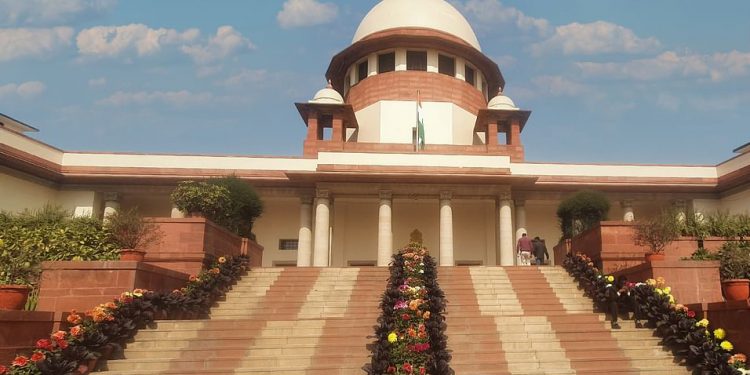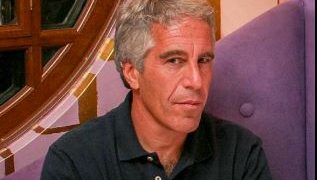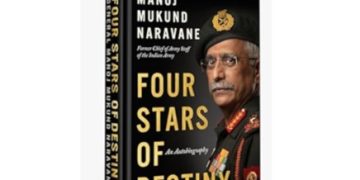New Delhi: In a major setback to the CBI and families of the 2006 Nithari case victims, the Supreme Court Wednesday dismissed as many as 14 appeals of the probe agency and some family members challenging the acquittal of Surendra Koli and Moninder Singh Pandher in the gruesome serial killings.
The killings came to light with the discovery of skeletal remains of eight children from a drain behind Pandher’s house at Nithari in Noida, bordering the national capital, December 29, 2006.
Further digging and searches of drains in the area around Pandher’s house led to more skeletal remains. Most of these remains were those of poor children and young women who had gone missing from the area. Within 10 days, the CBI took over the case and its search resulted in the recovery of more remains.
A bench comprising Chief Justice BR Gavai and justices Satish Chandra Sharma and K Vinod Chandran dismissed the 14 appeals Wednesday. Twelve pleas were filed by the CBI and the other two by Pappu Lal and Anil Haldar.
“There is no perversity in the Allahabad High Court judgement… (the petitions are) dismissed,” the CJI said after a brief hearing.
At the outset, the CJI asked Raja B Thakare, appearing for the CBI, and senior advocate Geeta Luthra, representing the victims’ family members, to show what was wrong and “perverse” with the findings of the Allahabad High Court.
“Show me one judgement which says that any recovery made without recording of the statement of an accused before the police is permissible in law,” the CJI asked when Luthra and the CBI counsel referred to recoveries of skulls of kidnapped children and their belongings.
The bench referred to section 27 of the Evidence Act and said that recoveries made at the instance of accused and their statements made before the police can be admissible in evidence.
The top court also referred to the recoveries made from a drain near the house of the accused.
It said these recovered objects and materials can be attributed to the accused if the place of recovery is accessible to them only.
Luthra said as many as 16 poor children went missing and skulls and other belongings of the victims were recovered from the drain.
“In appeals against acquittal by the high court, you will have to show that the high court judgement was perverse,” the CJI said.
Section 27 allows for the admissibility of a portion of information provided by an accused in police custody that leads to the discovery of a relevant fact, even if that information amounts to a confession.
According to the provision, if an accused provides information that helps police find something connected to a crime, that specific information, and only that portion, can be used as evidence.
May 4, 2024, the top court had agreed to hear pleas challenging the high court’s order acquitting Koli in the case.
It had also issued a notice on an appeal filed by Pappu Lal, the father of one of the victims.
In his plea, Lal challenged the high court’s October 16, 2023 order and arrayed only Koli as the party. Koli was the domestic help of Pandher.
In the case of Lal, Pandher was acquitted by the sessions court while Koli was awarded the death penalty September 28, 2010. The case was investigated by the CBI.
October 16, the high court pronounced verdicts on several appeals filed by Koli and Pandher, who were awarded the death penalty by the trial court.
It acquitted the pair while holding that the prosecution failed to prove the guilt “beyond reasonable doubt” and that the investigation was “botched up”.
The verdict brought back memories of the chilling crime targeting children that came to light after skeletal remains were found behind a bungalow in Noida.
Reversing the death sentence given to Koli in 12 cases and Pandher in two, the high court noted the prosecution had failed to prove the guilt of both the accused “beyond reasonable doubt, on the settled parameters of a case based on circumstantial evidence” and that the probe was “nothing short of a betrayal of public trust by responsible agencies”.
Pandher and Koli were charged with rape and murder and sentenced to death in the killings that horrified the nation with its details of sexual assault, brutal murder and hints of possible cannibalism.
The high court had observed that prosecution was based on the confessional statement given by Koli to the Uttar Pradesh Police on December 29, 2006, but the procedure required to be followed for recording his disclosure, leading to the recovery of biological remains i.e. skulls, bones and skeleton etc, were given a “complete go by”.
It allowed multiple appeals filed by Koli and Pandher, who had challenged the death sentence awarded by a CBI court in Ghaziabad.
The high court noted that the prosecution’s stand kept changing from time to time as it initially attributed recoveries jointly on Pandher and Koli but, over time, the “guilt was fastened exclusively” upon Koli.
In all, 19 cases had been lodged against Pandher and Koli in 2007.
The CBI filed closure reports in three cases due to lack of evidence. In the remaining 16 cases, Koli was earlier acquitted in three and his death sentence in one was commuted to life.
PTI






































